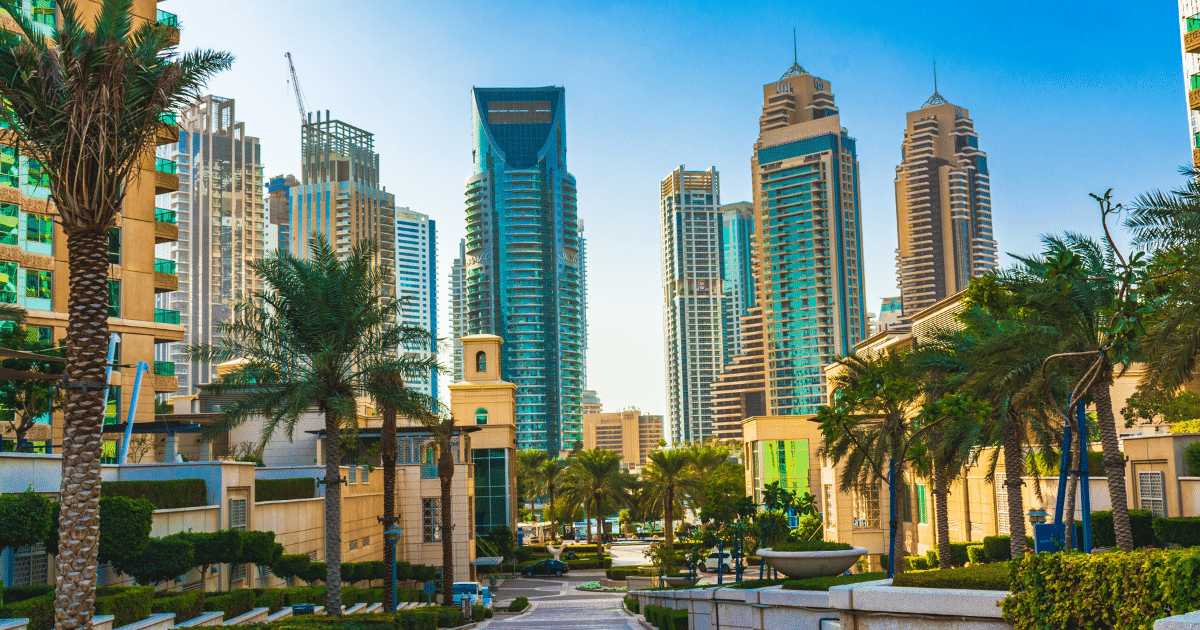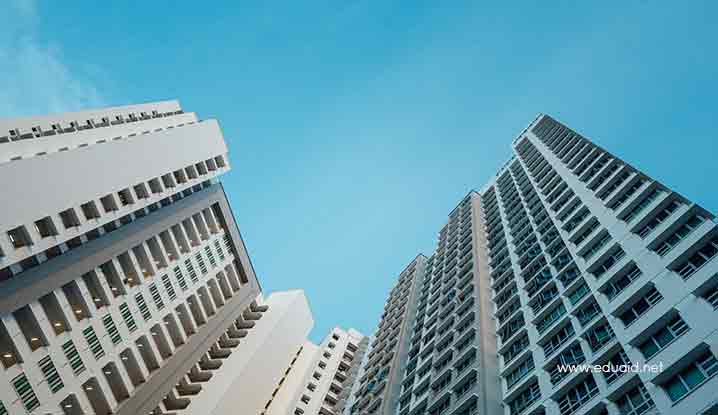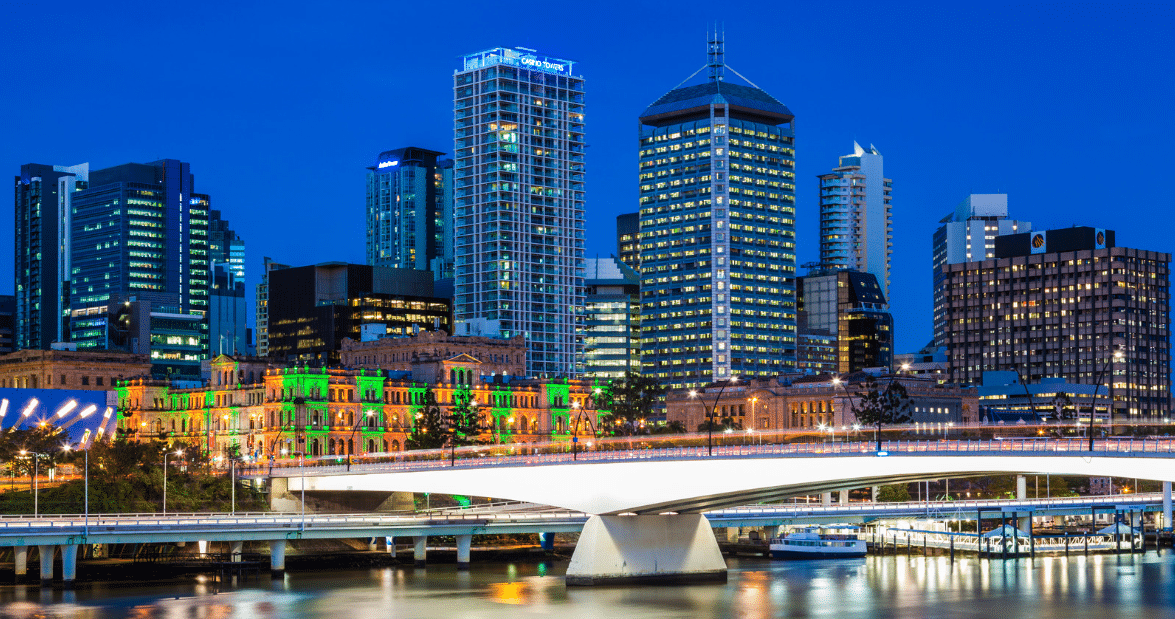Considering a move to Australia? If so, you should know the right steps to take all the way from getting your visa to finding a home and even knowing where the best places to shop, dine and find social interaction and even criteria needed in order to gain Australian citizenship. Before you start packing boxes and schedule international moving services, it’s a good idea to sit down and research the country to gain a better understanding of all it offers and what you need to do to make your move. For your convenience, we have all that info, and more right here!
Fun Facts About Australia
- Australia has a population of 24.6 million (As of 2017)
- Nearly 90% of Australians live along or within 62 miles (100 kilometers) from the coast.
- Australia has a plethora of animals that are unique to the continent including Koala, Wombat, Platypus and the Kangaroo among others.
- Australia is the 6th largest country by size with more than 2.9 million square miles.
- Australia is the only continent that does not have an active volcano.
Practical Information
- Currency: The Australian dollar (AUD) comes in denominations of $5, $10, $20, $50 and $100. Australian coins are 5, 10, 20 and 50 cent denominations as well as $1 and $2 coins.
- Spoken languages: The primary language is Australian English. Other languages spoken include Tasmanian, Australian Aboriginal, Torres Strait Islands language, Vietnamese, Cantonese, Arabic and Mandarin.
- Top Three Largest Cities: Sydney (5,230,330), Melbourne (4,936,349), Brisbane (2,462,349).
- Religion: The top practiced religion in Australia is Christianity including Catholicism, Anglican, Presbyterian, Eastern Orthodox, Baptist, Lutheran and Uniting Church. There is also Buddhism, Hinduism, Islam, Judaism and other religion in Australia.
Why Moving to Australia is a Good Idea
- Australia has one of the best healthcare systems in the world. Not only are Australian citizens able to receive healthcare but visitors to Australia are also able to take advantage of the outstanding medical options in Australia when they need healthcare.
- Families with children enjoy the outstanding educational system in Australia. When compared to the rest of the world, the continent ranks 8th for education.
- It’s easy to communicate in Australia since even with a variety of spoken languages, most people do speak or understand English.
- Australia boasts a welcoming environment as there are residents from many cultures that live together within an inviting, friendly atmosphere.
- Economic growth has been steadily growing over the last decade. This helps residents as well as immigrants find employment opportunities to live.
- Australia has an immigration system that works closely with migrants to help streamline the immigration process.
- The climate of Australia is mild in the winter and warm in the summer.
- Surrounded by water, Australia is a beautiful place to live, popular with expats and ample opportunities for people to take part in a wide array of outdoor activities.
- When compared to global import rates, Australian import rates are around .46% where other countries are no less than .47% or higher.
The Road to Residency and Citizenship
- There are many visa options to relocate to Australia. You can find them by visiting the Australian Department of Home Affairs website.
- Tourism visas can often be accessed with 48 hours of the application while work, study and permanent relocation visas can take up to several months for approval.
- With a permanent resident visa, you can stay in Australia for up to four years.
- For family streamed visas, partners, children and parents of Australian citizens are eligible for permanent resident visas. Caregivers for long-term care patients are also eligible for the application of a family streamed permanent residence visa.
- Workstream visas are for employees who are sponsored by an Australian employer to work in Australia or for those who have skills that are in demand.
- An investment or business visa is available for those who plan to bring a business or invest in business in Australia. Investors must have no less than $1.73 million (AUD $1.5 million) total invested for a four-year span of time to be considered an investor.
- Retirement visas can be obtained for those who can show they have a steady income stream through retirement benefits.
- Persecuted individuals may also be eligible for permanent residency if they have fled their home country due to persecution and other humanitarian problems.
To become a citizen of Australia, you must be a permanent resident and be in Australia when a decision on the application is made. You can also be a resident of New Zealand when you make the application. Applicants for citizenship must know about Australia and must have resided in the country.
Children age 16 and younger will not be charged a fee when the parent submits the application on their behalf. Applicants ages 16-17 can also apply for citizenship on their own if they have lived in Australia as a permanent resident.
Processing times for citizenship applications will vary depending on the situation and the number of applicants in line. Generally, the time frame can range from 6 months to more than 24 months depending on how long it takes outside agencies to report information, postage and handling time for necessary documents and how in depth the information is that has been submitted on the application. For quicker processing, it is important for applicants to ensure the application is filled out entirely and that response time to questions from immigration is quick.
Finding a Home in Australia
Foreigners have some restrictions on home buying in Australia that include non-residents gaining approval from the Foreign Investment Review Board (FIRB) prior to the purchase. To begin house hunting in Australia, you first need to know where you want to live. Melbourne is an ideal city for families as there are many suitable activities for all ages while cities like Sydney or Canberra are often a lure for young professionals and investors because of the employment opportunities and property pricing. Retirees tend to flock to Brisbane and Adelaide because of the laidback atmosphere, the pristine scenery and the relaxed lifestyle.
It’s important to know where you want to live, what type of home you want and whether there are specific amenities that you require. Do you need to be near public transportation? Is it important to be within so many miles of work or school? Is there a preference on shopping, dining or other businesses that you want to live near? If so, you need to let your real estate agent know so they know precisely what you want.
Banks in Australia are quite conservative and as an immigrant, you will need to start the process early to be approved for a home loan. On a positive note, in most cases, Australian lenders cannot access your U.S or other overseas credit history to use for loan determination. Your Australian credit history will be used, so during the time you reside in the country as a long-term resident, be sure to maintain good credit.
Permanent residents may be eligible to borrow up to 95% of the property value. A foreign citizen living in Australia may be eligible to borrow between 55% and 70% of the purchase price of a new property in Australia. To determine your eligibility, you will need to meet with the bank and the real estate agent.
Australia Relocation Resources
Check with A-1 Auto Transport for vehicle relocation to Australia.
The Embassy of Australia in the U.S.A. can offer insight into immigration laws for Australia.
The Australia Weather Forecast can be accessed to help plan your next outing in Australia.
You can visit the Australian Government website for updated information on government services, news and events and more.






